
Some years are worse than others. And 2015 proved to be a terrible year for Punjab. From terrorism and communal flare-ups to severe agrarian crisis and the desecration of religious texts, the state saw it all. The year also brought back faint memories of what Punjab had seen in the aftermath of Operation Bluestar, with violence, militancy and a blood bath of sorts.
Here are five incidents that took Punjab back to gory times.
1. Gurdaspur terror attack:
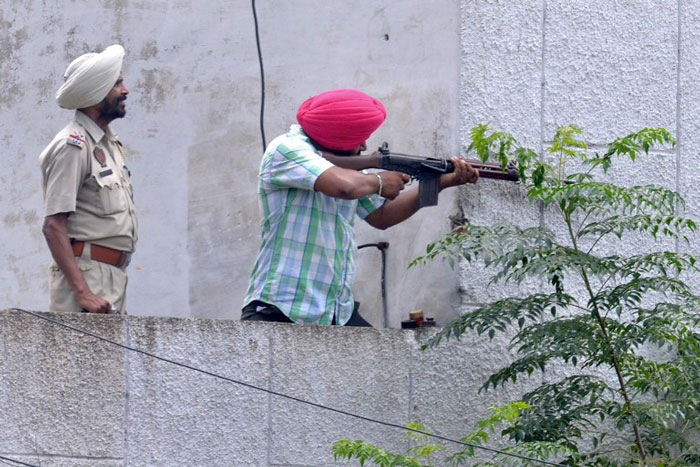
Photo: AFP
In the early hours of 27 July, three militants disguised in Army fatigues and suspected to be members of Pakistan based Lashkar-e-Taiba sprayed bullets at a moving bus and then stormed Dinanagar police station in Gurdaspur district. Dinanagar is nearly 20KM from the Pakistan border. The terrorists were also carrying two GPS systems and hand grenades. They had placed five bombs on railway tracks as well, which were removed by the bomb disposal squad. The terrorists were killed after a 12-hour-long operation. SWAT squads had joined the Punjab police to take counter the terrorists. The terror attack killed seven people including an SP and left many injured.
2. Desecration of the Guru Grath Sahib:
Since the beginning of October, more than half a dozen incidents of desecration of the Sikh holy book Guru Granth Sahib have been reported from across Punjab. These incidents have led to violent clashes between the Police and protesters. Two protestors have been killed in the clashes as well.
The first incident was reported from Bargari, Faridkot, where 112 pages of the text were found by locals in a damaged state. The most recent incident of desecration that led to massive protests was in Tarn Taran.
The SAD government's immediate response was a police crackdown. Teargas and police lathicharge left 80 people injured in Kotapura chowk in Faridkot. Police firing in Behbal Kalan, killed two men, further escalating tension.
From religious bodies to farmers, the whole of Punjab was united in protests against the desecration of the Sikh holy book and the subsequent deaths. As a result of the volatile situation, the Golden Temple in Amritsar was not lit up during Diwali. Another fallout was the cancellation of the International Kabaddi Tournament.
3. Beant Singh assassin appointed Akal Takht Chief Priest at Sarbat Khalsa:
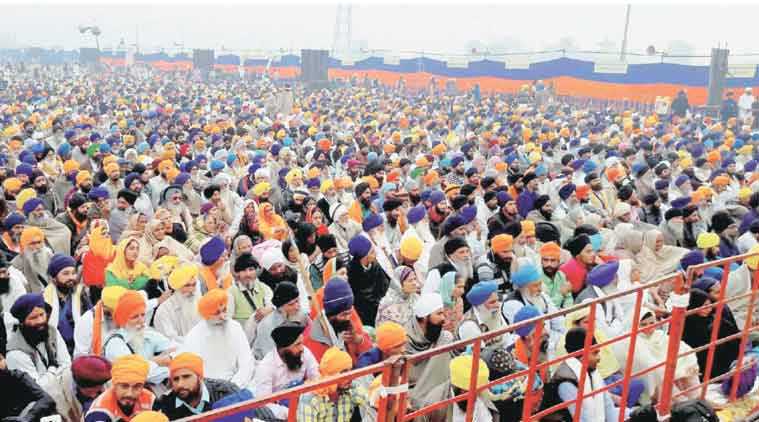
In an unprecedented move, Sikh hardliners held a Sarbat Khalsa on November 10 to appoint Jagtar Singh Hawara, a convict in former Chief Minister Beant Singh's assassination case, the new 'Jathedar' of the Akal Takht.
He replaced the chief priest Gurbachan Singh for pardoning Gurmeet Ram Rahim Singh, the chief of the Dera Sacha Sauda, who was accused of committing blasphemy by imitating Guru Gobind Singh. Radicals Amrik Singh and Baljit Singh Daduwal were appointed heads of Takht Keshgarh Sahib and Damdama Sahib, respectively.
According to an Indian Express report, the Sarbat Khalsa, attended by a large number of people, passed 13 resolutions challenging the authority of the Akal Takht and SGPC leadership, which is thought to be under the control of the ruling SAD. The reason the Sarbat Khalsa evoked memories of the horrific years of militancy in Punjab is because the last time a similar congregation was held (1986) it called for an independent Khalistan.
The Chief Minister himself called the congregation a threat to communal harmony in the state and a political war of words between state Congress and the SAD ensued with the latter alleging that hardliners had the support of Opposition parties which wanted to take Punjab back to the years of the Khalistan movement.
4. Whitefly attack on cotton crops:
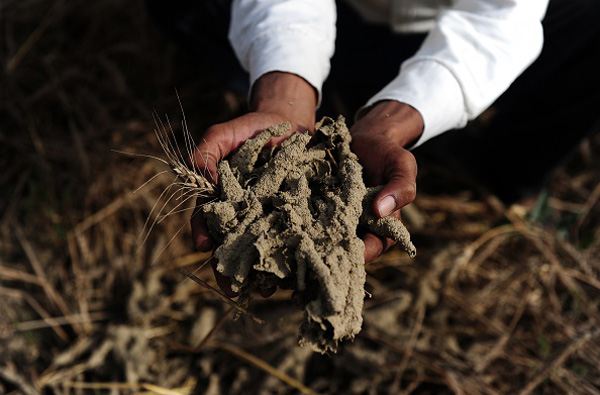
October witnessed widespread protests by farmers as they demanded compensation for the damage they suffered due to the whitefly attack on cotton crops.
They blocked railway lines and 15 farmers reportedly committed suicide as well.
The whitefly attack resulted in the arrest of Agriculture director Mangal Sandhu.
Faced with 60 per cent loss to cotton crop in the Malwa region, the Punjab government cleared a Rs 600-crore compensation package, which was dismissed by angry farmers as inadequate as the pest attack caused an estimated loss of Rs 4,200 crore.
5. Hands of two Dalits chopped:
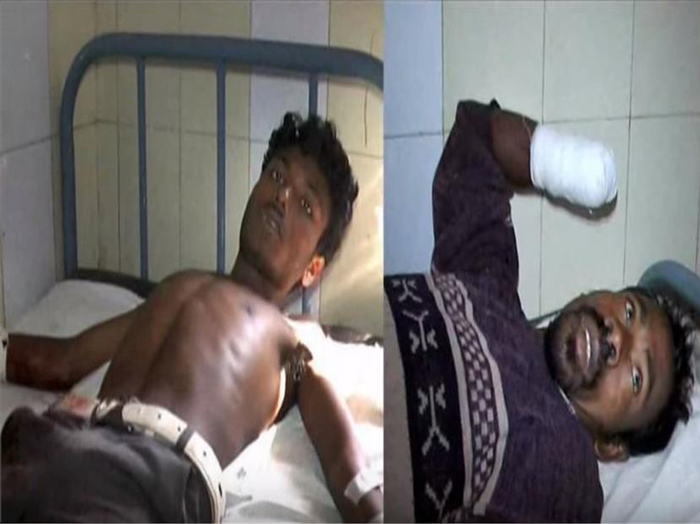
File photo
On December 11, the bodies of two Dalit youths were found in a pool of blood, at Punjab liquor baron and Akali Dal leader Shiv Lal Doda's farmhouse in Abohar. One of the victims, Bheem Tank, had his hands and legs chopped off. He died while he was being taken to the hospital. The other victim, Lahoria, survived but not before he had lost one hand. The reason they were killed allegedly by Doda's men according to media reports is because Tank refused to join back his liquor vends.
The day Tank was murdered, a rape case was registered against him, showing the administration's complicity. The incident sent shockwaves across Abohar. The SAD, in a bid to distance itself from Doda and Harsimrat Kaur, dismissed the incident as a "gang war". Doda, who owns 150 liquor vends in Punjab, is absconding. Abohar remained tensed for days after the incident with residents shouting slogans against the government. The incident also rocked the Parliament.


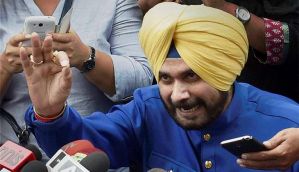

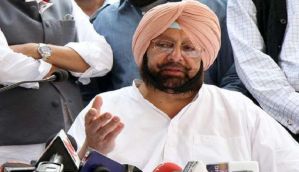
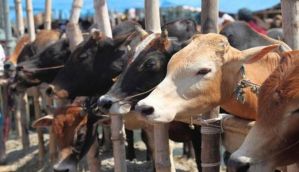
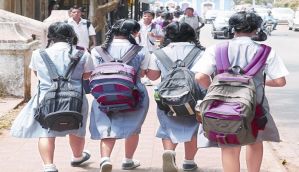
![BJP's Kapil Mishra recreates Shankar Mahadevan’s ‘Breathless’ song to highlight Delhi pollution [WATCH] BJP's Kapil Mishra recreates Shankar Mahadevan’s ‘Breathless’ song to highlight Delhi pollution [WATCH]](https://images.catchnews.com/upload/2022/11/03/kapil-mishra_240884_300x172.png)

![Anupam Kher shares pictures of his toned body on 67th birthday [MUST SEE] Anupam Kher shares pictures of his toned body on 67th birthday [MUST SEE]](https://images.catchnews.com/upload/2022/03/07/Anupam_kher_231145_300x172.jpg)






